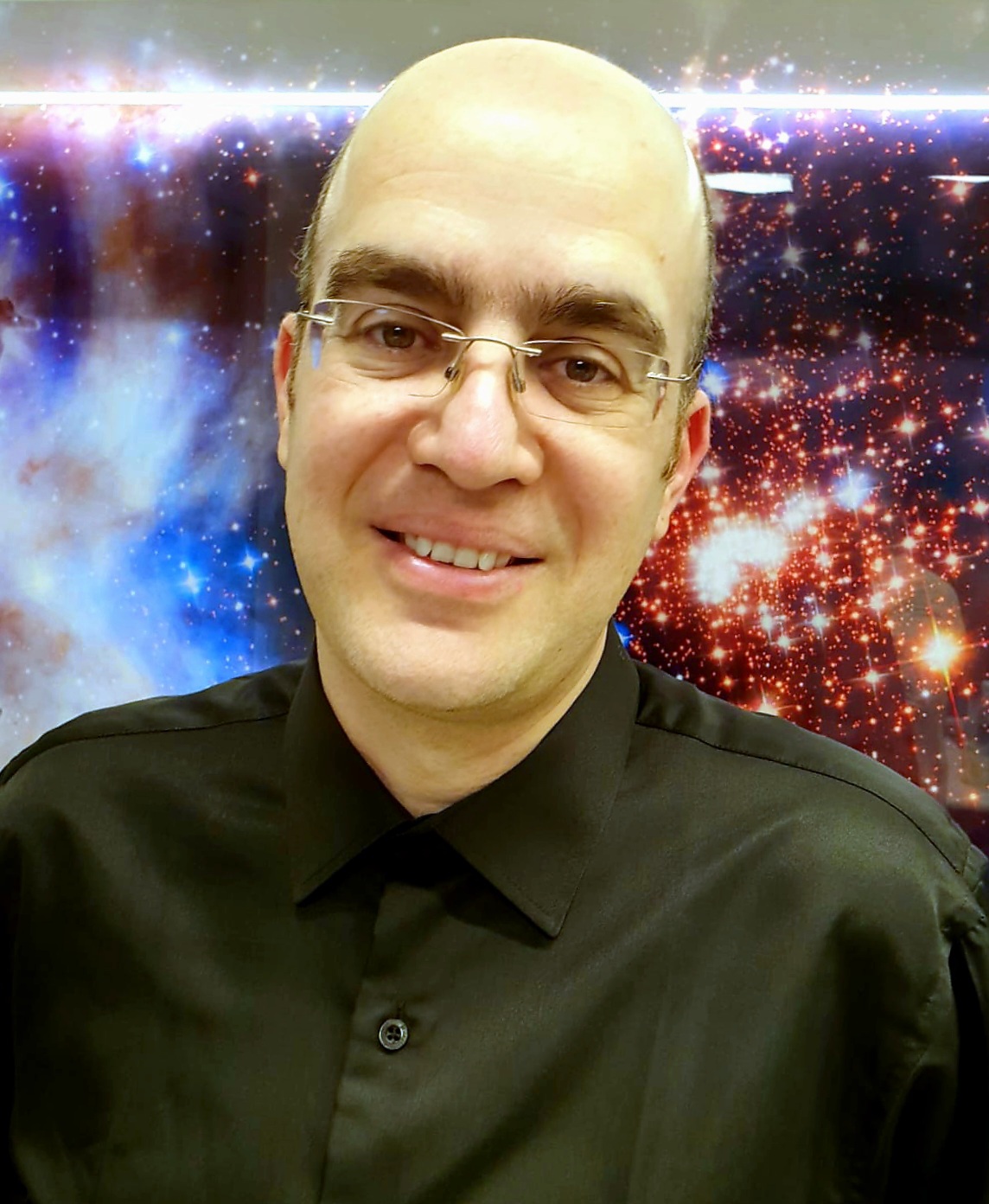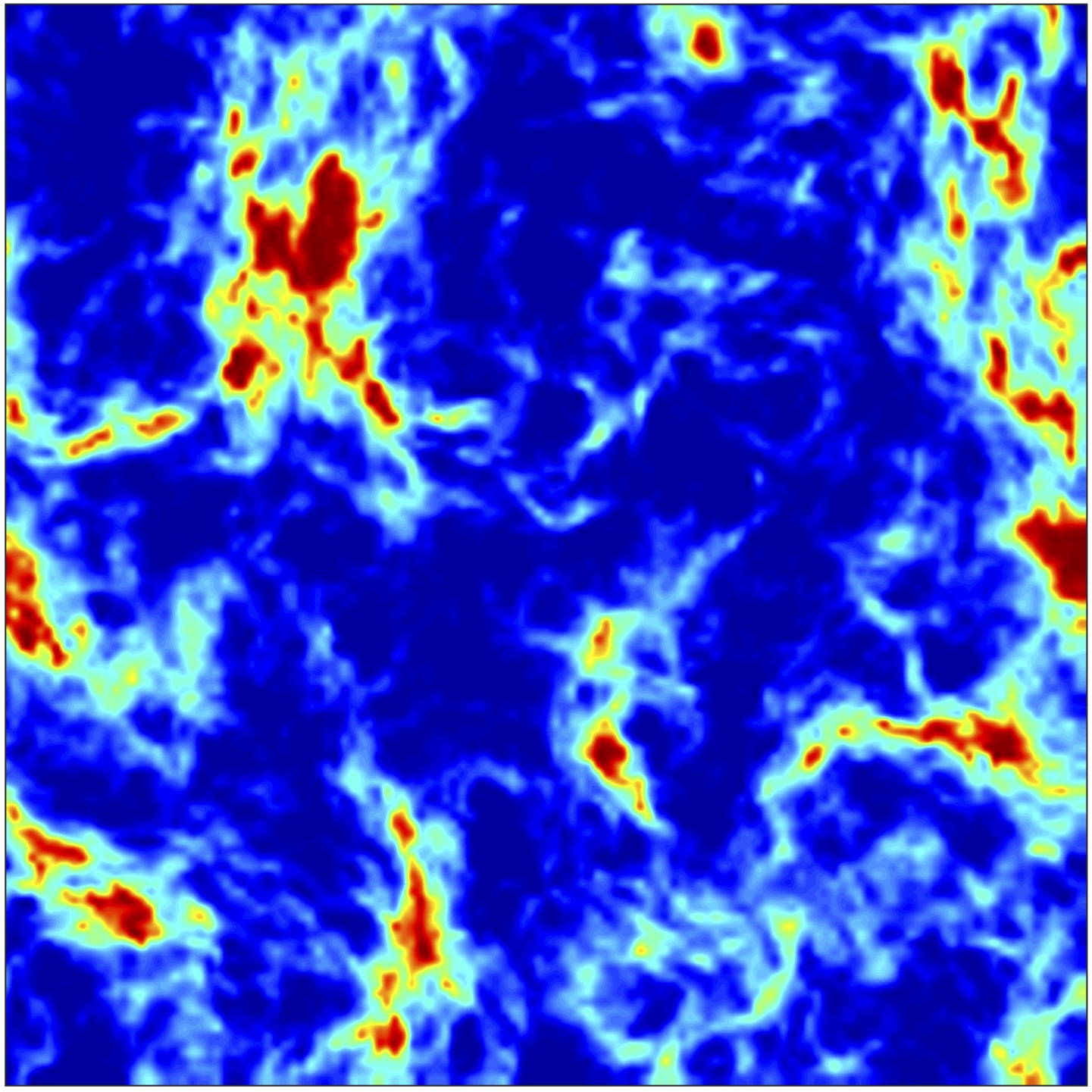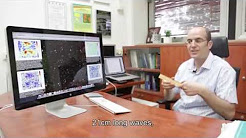Invited conference talks [36]:
2023 21 cm
Cosmology - IFPU (Institute for Fundamental Physics of
the Universe) Focus Week, Trieste, Italy
2023 URSI
(International Union of Radio Science) GASS (General
Assembly and Scientific Symposium) 2023, Sapporo,
Japan
2023 Neutral
Hydrogen as a Cosmological Probe Across Cosmic Time (Invited Review),
Nazareth, Israel
2023 Frontiers
in Cosmology, RRI, Bangalore, India
2022 Unsolved
Problems in Astrophysics and Cosmology 2022,
Jerusalem, Israel
2020 Next-Generation Cosmology
with Next-Generation Radio Telescopes: II, Sexten Center
for Astrophysics, Sesto, Italy
2020 International Conference on the Emerging Issues
in Cosmology and Particle Physics, Visva-Bharati University,
India (could not attend)
2019 30th Texas
Symposium on Relativistic Astrophysics (invited
plenary talk), Portsmouth, UK
2019 The Second
Global 21cm Workshop, McGill University, Montreal,
Canada (cannot attend)
2019 First Light
(invited lecture series, advanced school), Sao Paolo,
Brazil
2019 15th PATRAS Workshop on Axions, WIMPs, and WISPs,
Freiburg, Germany (could not attend)
2018 TevPA2018
Conference, Berlin, Germany (could not attend)
2018 COSMO-18,
Daejeon, South Korea (invited plenary talk; could not
attend)
2018 Nonlinear Universe 2018 and
EdBertFest, Smartno, Slovenia
2018 Thermal history of the
Universe at intermediate redshift: progress with 21cm absorption
measurements, CERN, Switzerland
2018 Next-Generation Cosmology
with Next-Generation Radio Telescopes, Sexten Center
for Astrophysics, Sesto, Italy
2017 Post Planck Cosmology: Enigma,
Challenges and Visions, Pune, India
2017 Fundamental Physics with the
Square Kilometre Array, Mauritius
2016 CMB Spectral Distortions from
Cosmic Baryon Evolution, Raman Research Institute, Bangalore, India
2016 Cosmological Probes of
Fundamental Physics, Weizmann Institute of Science, Israel
2016 Physics of Reionization and
the Cosmic Dawn in the SKA Era, Sexten Center for Astrophysics,
Sesto, Italy
2015
RESCEU APCosPA (Asia Pacific Organization for Cosmology and
Particle Astrophysics) Summer School on Cosmology and Particle
Astrophysics (Invited lecture series), Tokyo, Japan
2014 CASCA (Canadian Astronomical
Society) Annual Meeting, Quebec City, Canada
2012
"Gamma Ray Bursts in the Era of Rapid Follow-up", Liverpool, UK
2012
CosmoBias: International Meeting on "Physical Bias in Cosmology"
(Invited Review), Marseille, France
2011
"Hydrogen Cosmology" workshop at Harvard
2008
Harvard University Conference on "21cm Cosmology"
2008
"Cosmology with the CMB and LSS",
School and workshop program,
Tata Institute of Fundamental Research, India (Invited lecture
series; could not attend)
2007
Workshop: "Early universe and physics beyond the standard model",
Tokyo, Japan
2007
"HI Survival through Cosmic Times", Tuscany, Italy
2006
"From Planets to Galaxies", Budapest, Hungary
2004
Oort Workshop on "CMB and first objects at the end of the dark ages: observational consequences of reionization",
Holland
2003
Kloster Irsee Workshop on "The Formation and Early Evolution of Galaxies", Germany
2002
"Early Cosmic Structures and the End of the Dark Ages", Elba, Italy
2001
Annual Meeting of the Israeli Physics Society, Tel Aviv, Israel
2000
Harvard University Conference on "The First Generation of Cosmic Structures"
|
SKA and NenuFar (invitation-only) workshops/meetings [8]:
2023 NenuFAR Cosmic Dawn Plenary meeting, Groningen, the Netherlands
2022 NenuFAR Cosmic Dawn day
(virtual conference)
2021 Second NenuFAR Cosmic Dawn workshop
(virtual conference)
2020 First NenuFAR Cosmic Dawn workshop
(virtual conference)
2018 SKA CD/EoR meeting, London, UK
2016 SKA 2016: Science for the SKA
Generation (general conference + Key Science Project meeting), Goa,
India
2015 SKA CD/EoR Science Team
Workshop (conference for developing the science team
for Cosmic Dawn / Epoch of Reionization measurements with the Square
Kilometre Array), Groningen, the Netherlands
2015 The SKA Key Science
Workshop (conference for developing scientific plans for the Square
Kilometre Array), Stockholm, Sweden
|
Contributed conference talks [22]:
2021 4'th Global 21-cm Workshop,
University of Colorado Boulder (virtual conference)
2020 3'rd Global 21-cm Workshop,
Cambridge, UK (virtual conference)
2019 Barefoot Reionization:
Exploring the First Billion Years of the Universe, Fitzroy Island,
Qld, Australia
2019 Into the Starlight: The End
of the Cosmic Dark Ages, Aspen, U.S.A.
2018 Cosmological Signals from Cosmic
Dawn to the Present, Aspen, U.S.A.
2015
Cosmology and First Light, IAP, Paris, France
2014
CosPA 2014: 11th International Symposium on Cosmology & Particle Astrophysics, Auckland, New Zealand
2013
CosPA 2013: 10th International Symposium on Cosmology & Particle Astrophysics, Hawaii, U.S.A.
2010
CITA@25/Bond@60: The Theory of the Universe and Everything in It, Toronto, Canada
2010
The High Redshift Universe: A Multi-Wavelength View, Aspen, U.S.A.
2009
Focus week on non-Gaussianities in the sky, Tokyo, Japan
2006
Cosmological Probes of Baryons and Dark Matter, Aspen, U.S.A.
2005
Reionizing the Universe, Groningen, The Netherlands
2004
Galaxy-Intergalactic Medium Interactions, KITP, Santa Barbara, U.S.A.
2004
The Large Scale Structure of Gas and Mass in the High Redshift Universe, Technion, Israel
2004
The Large-Scale Distribution of Mass&Light in the Universe, Aspen, U.S.A.
2003
Stars and Structure Formation: From First Light to the Milky Way, Zurich, Switzerland
2003
Galaxy Formation, Jerusalem, Israel
2003
The Baryonic Universe, Aspen, U.S.A.
2000
The Physics of Galaxy Formation, Tsukuba, Japan
1999
Gravitational Lensing: Recent Progress and Future Goals, Boston, U.S.A.
1999
Cosmological Implications of the Local Group, Aspen, U.S.A.
|





